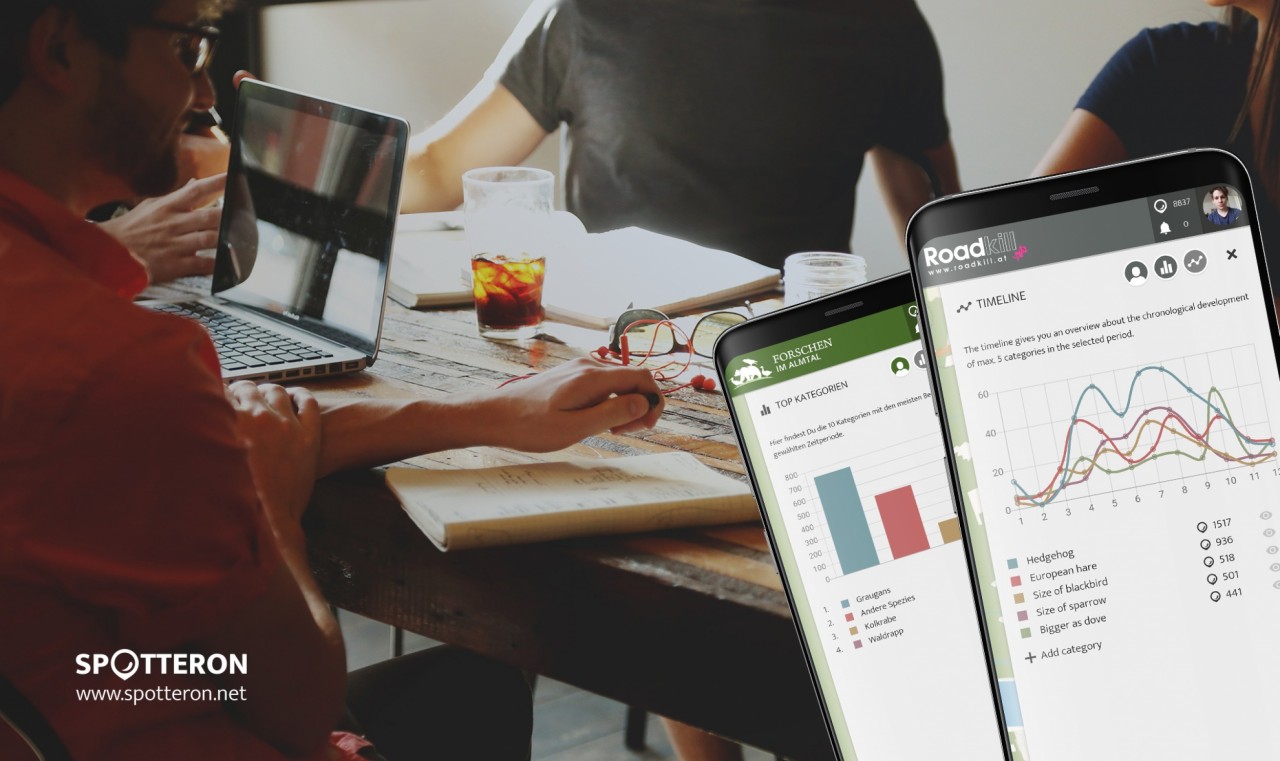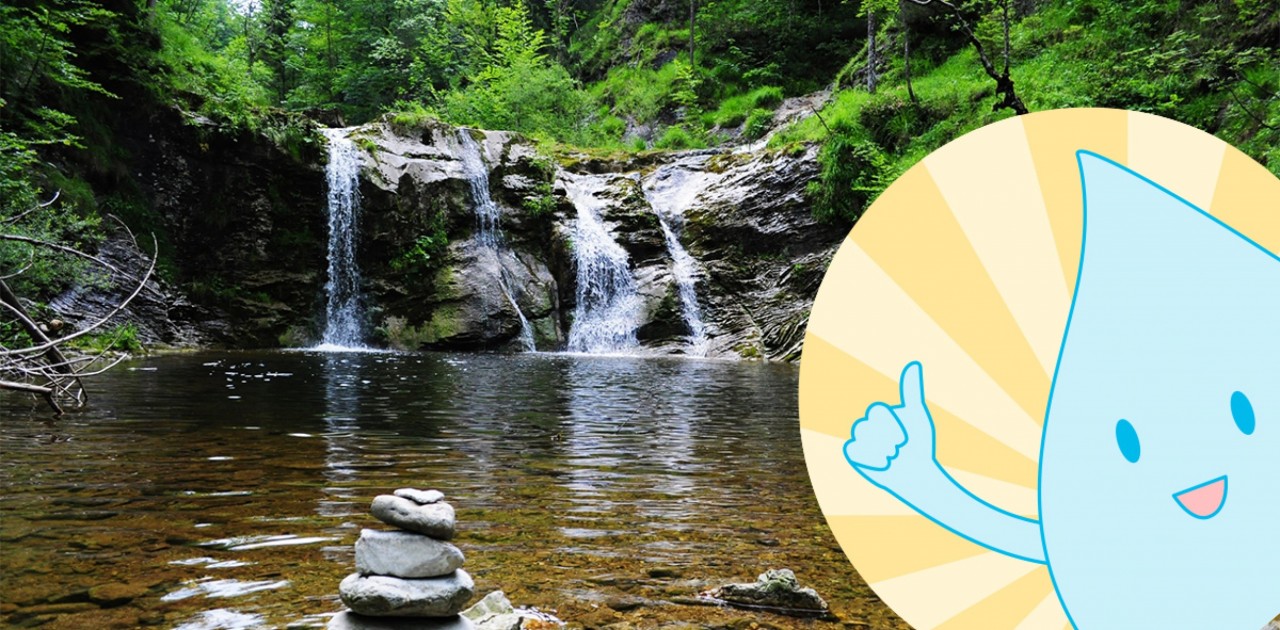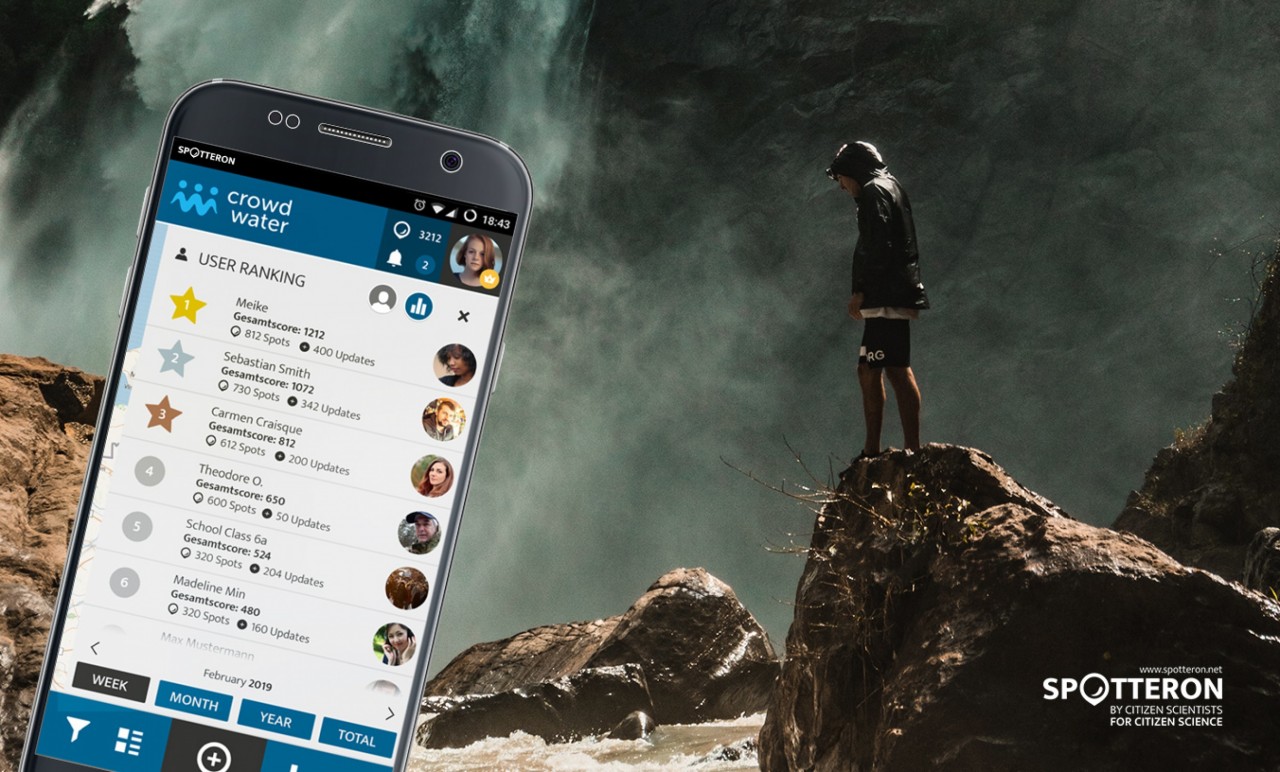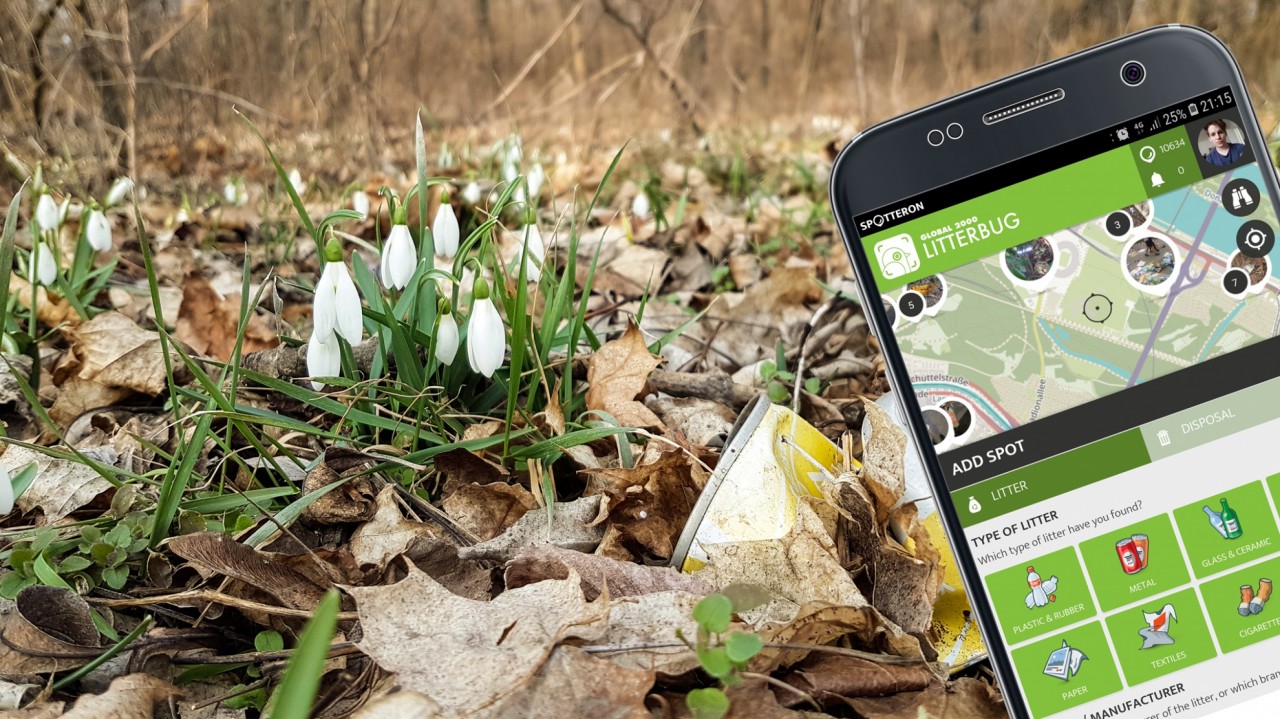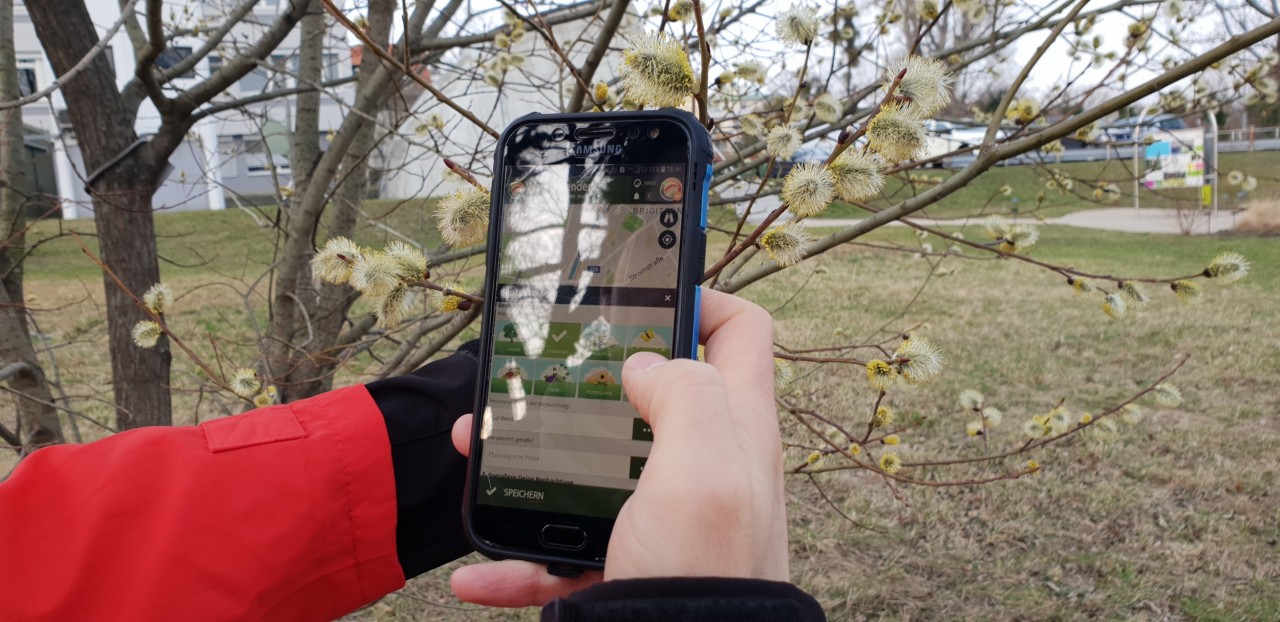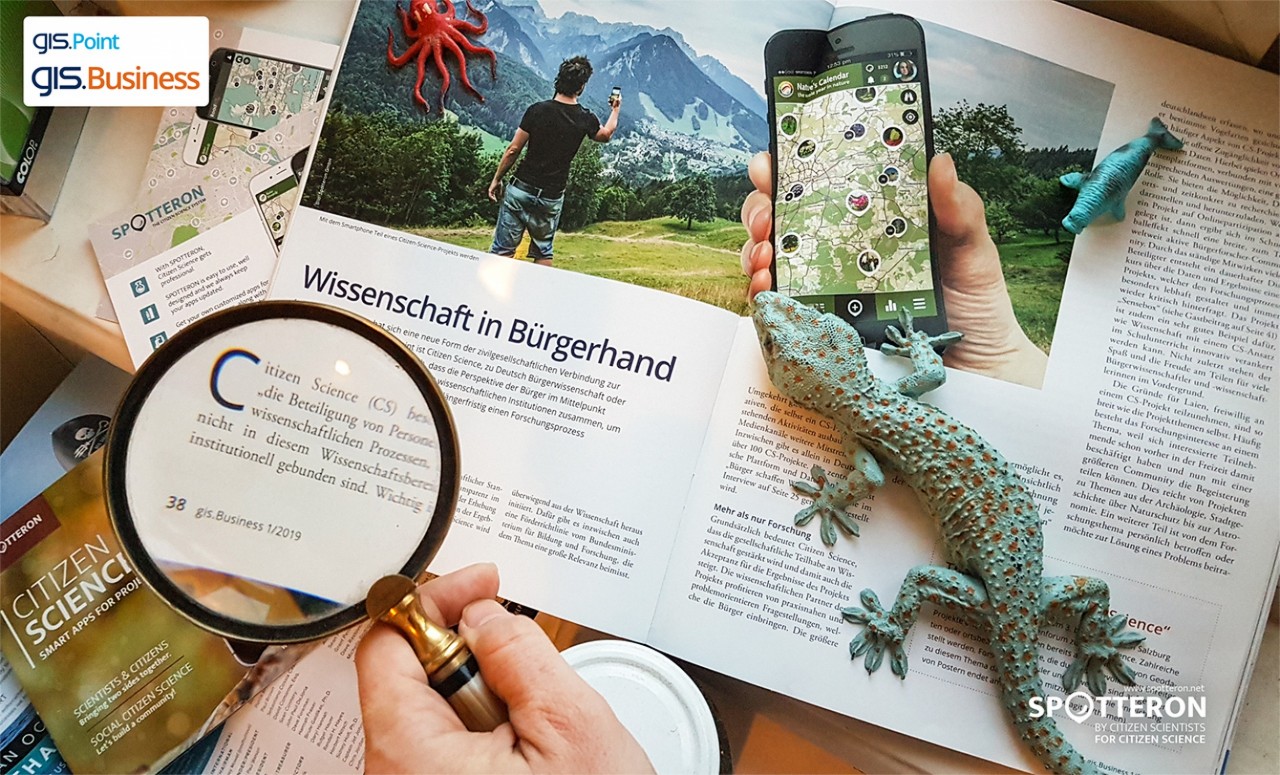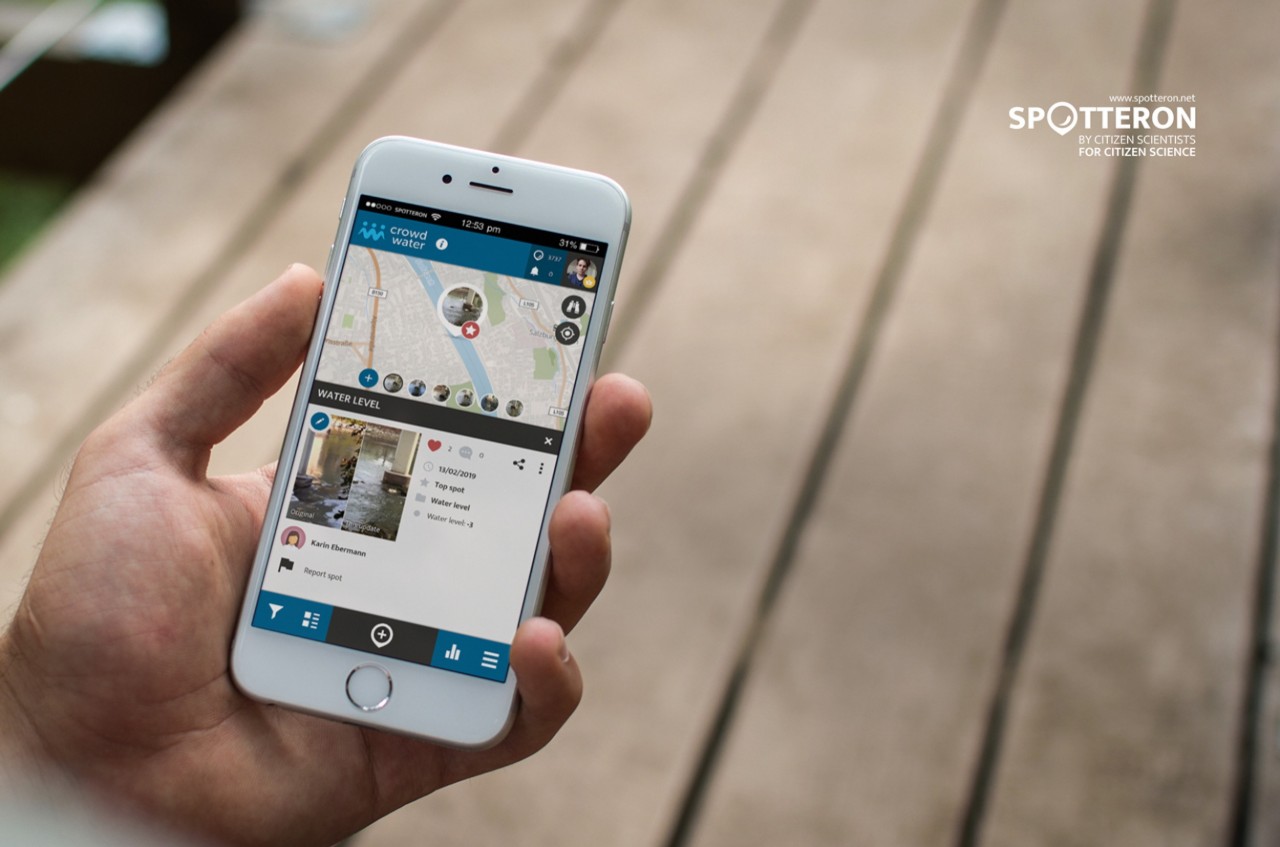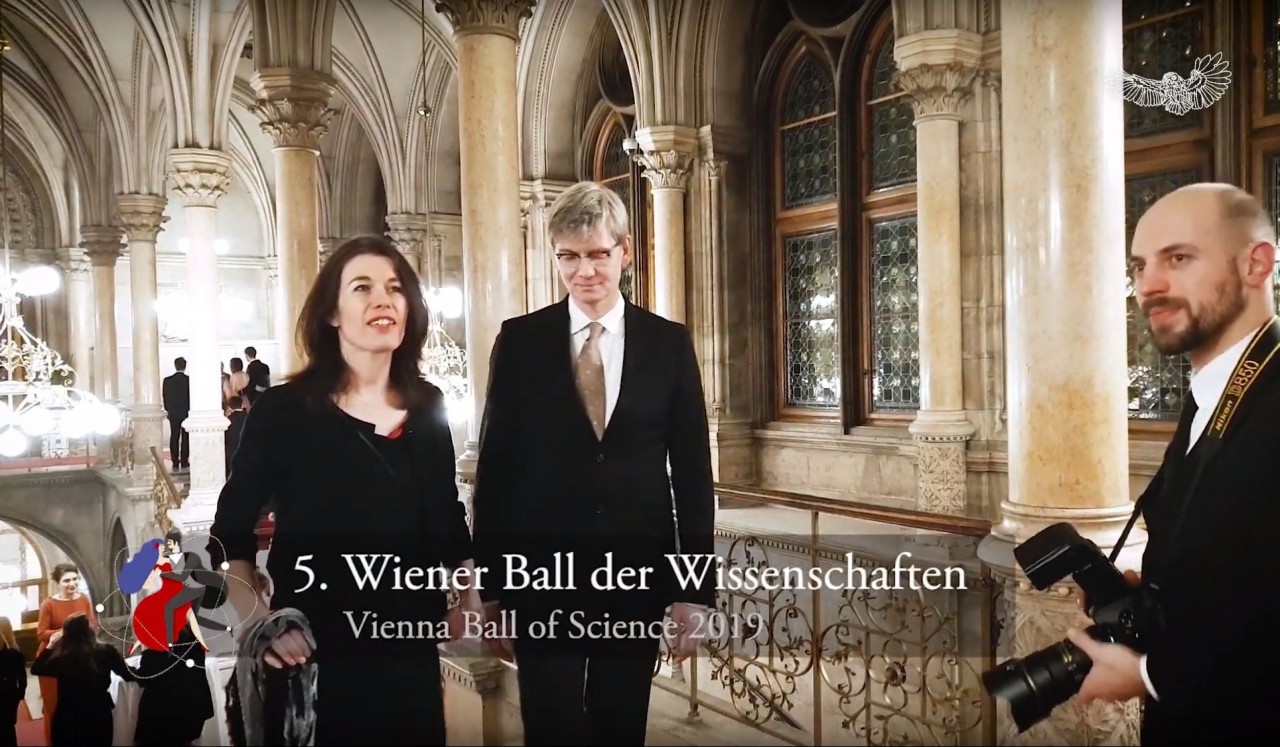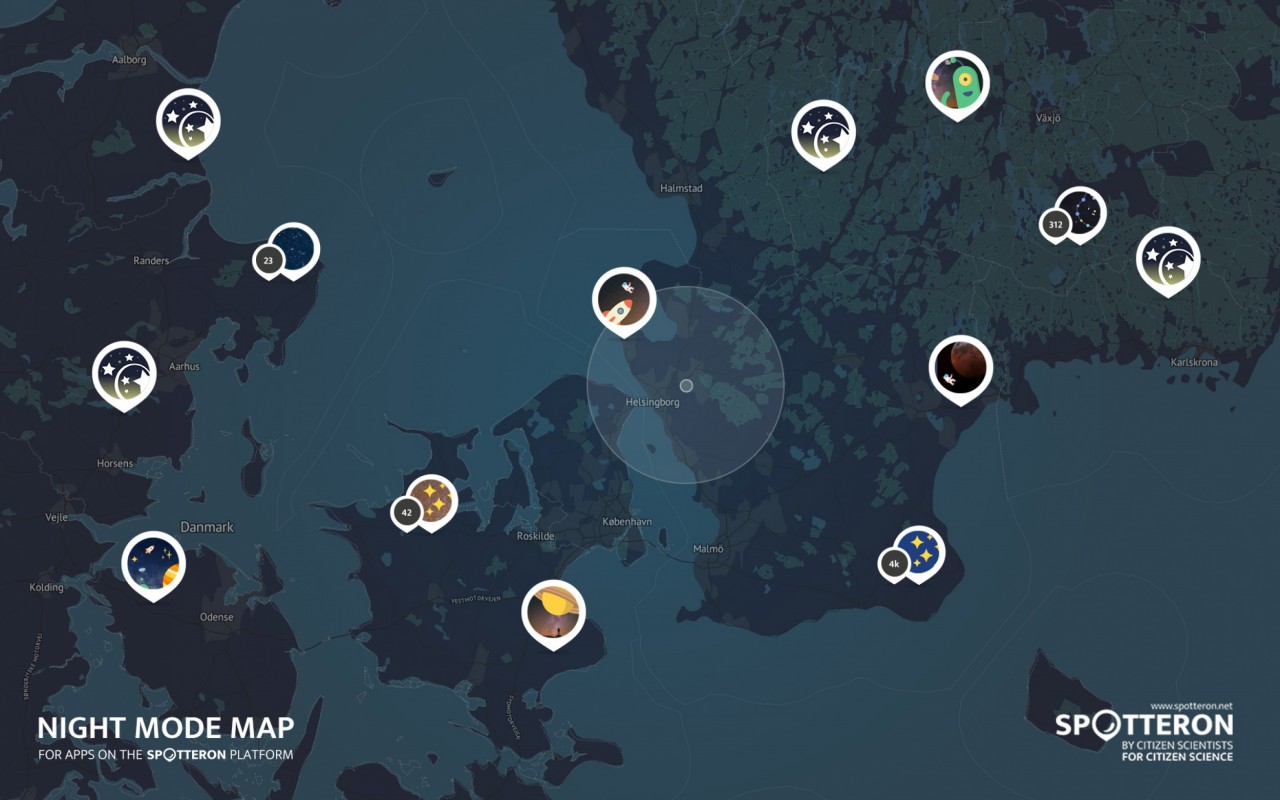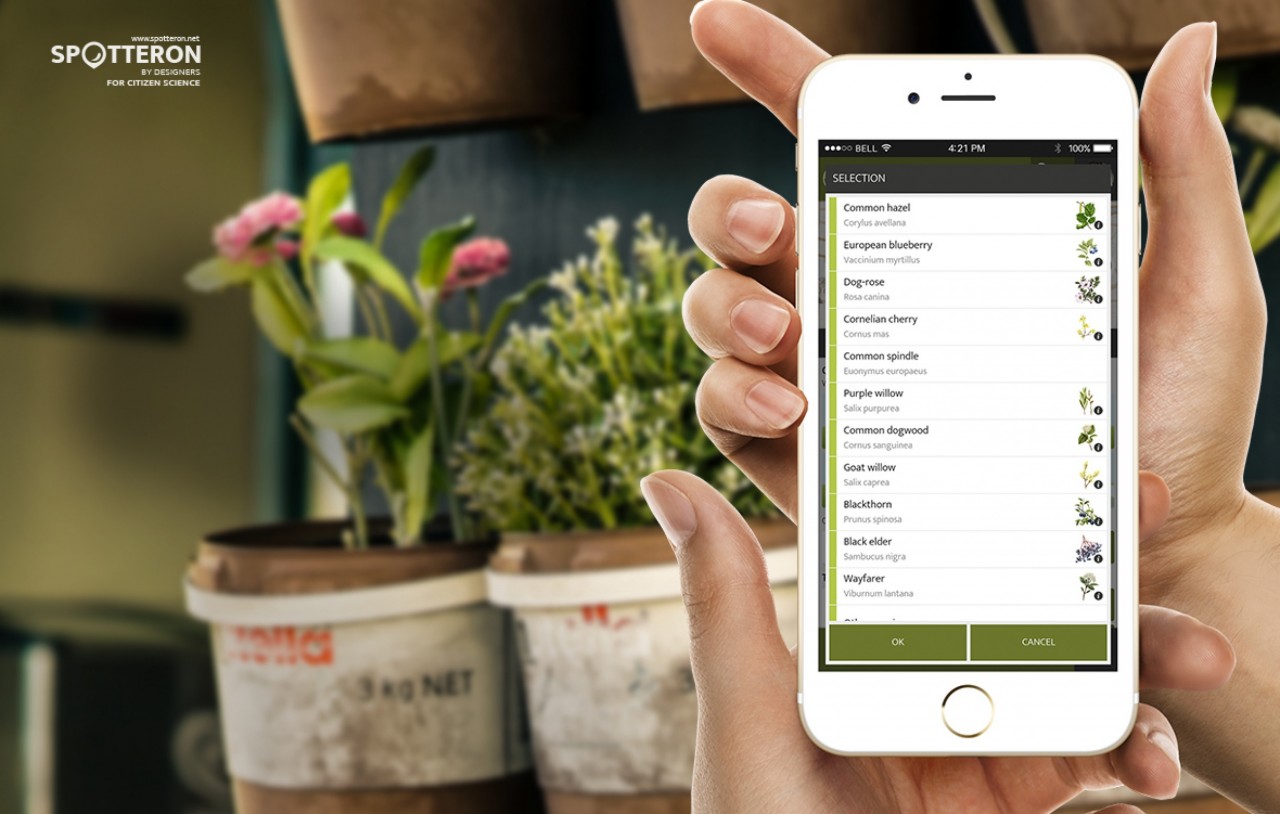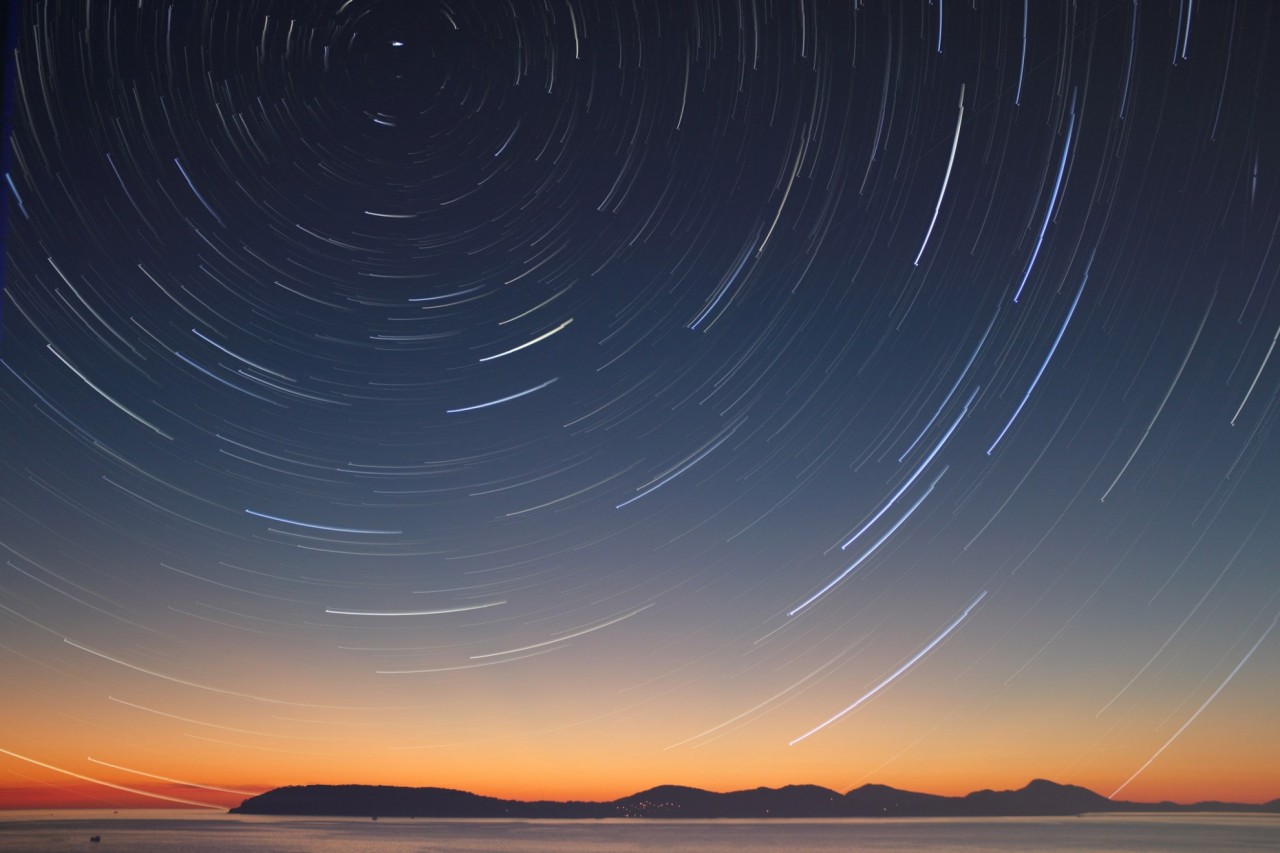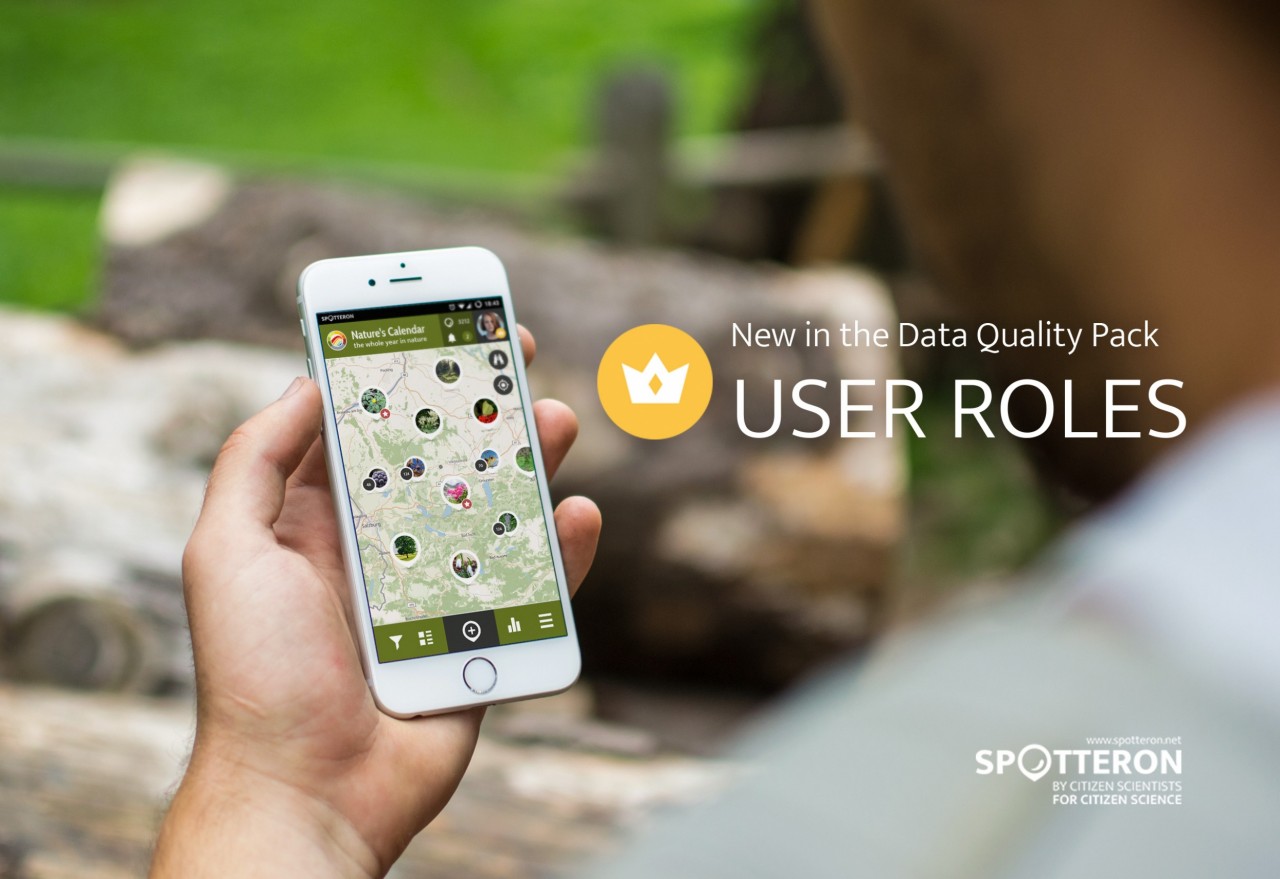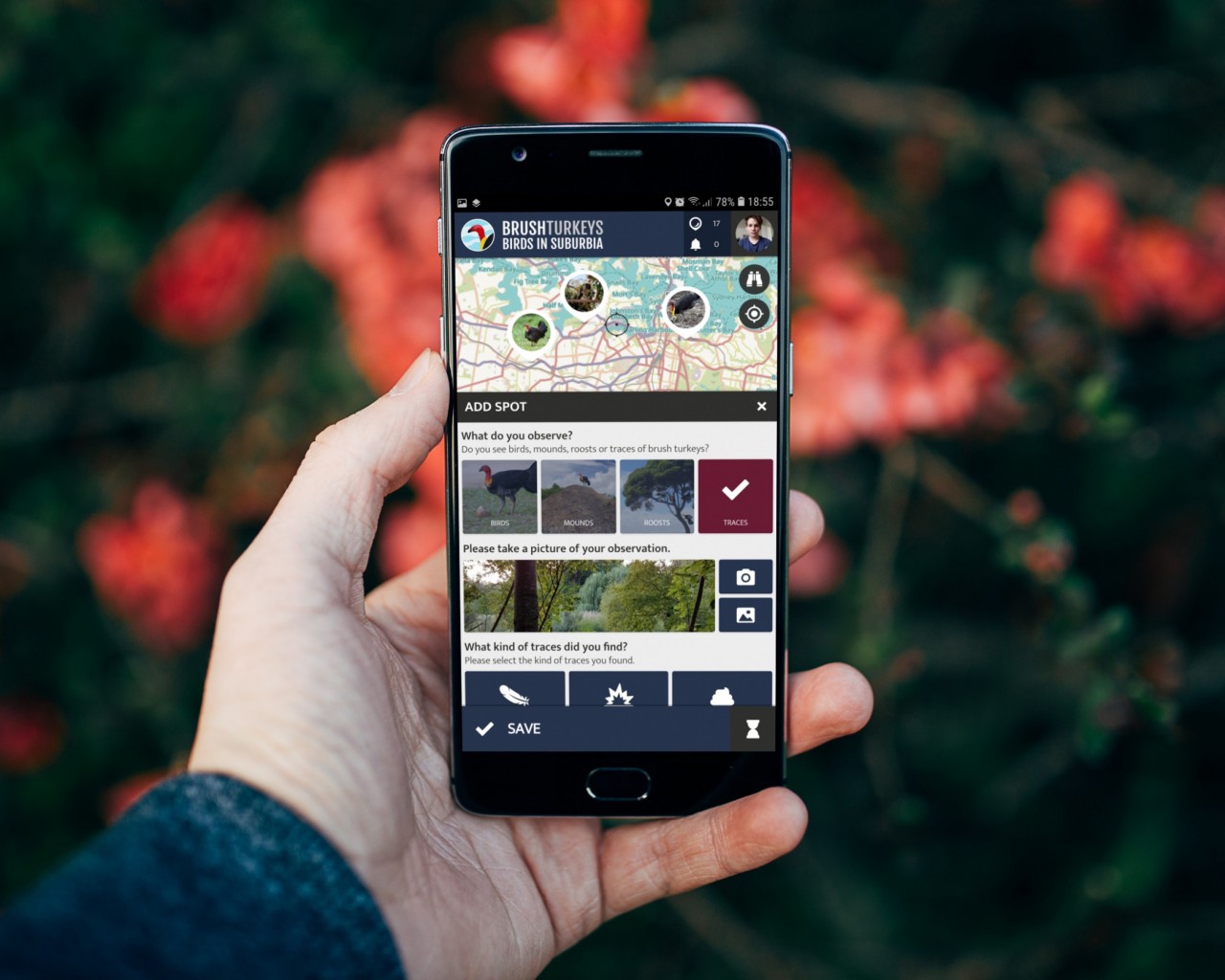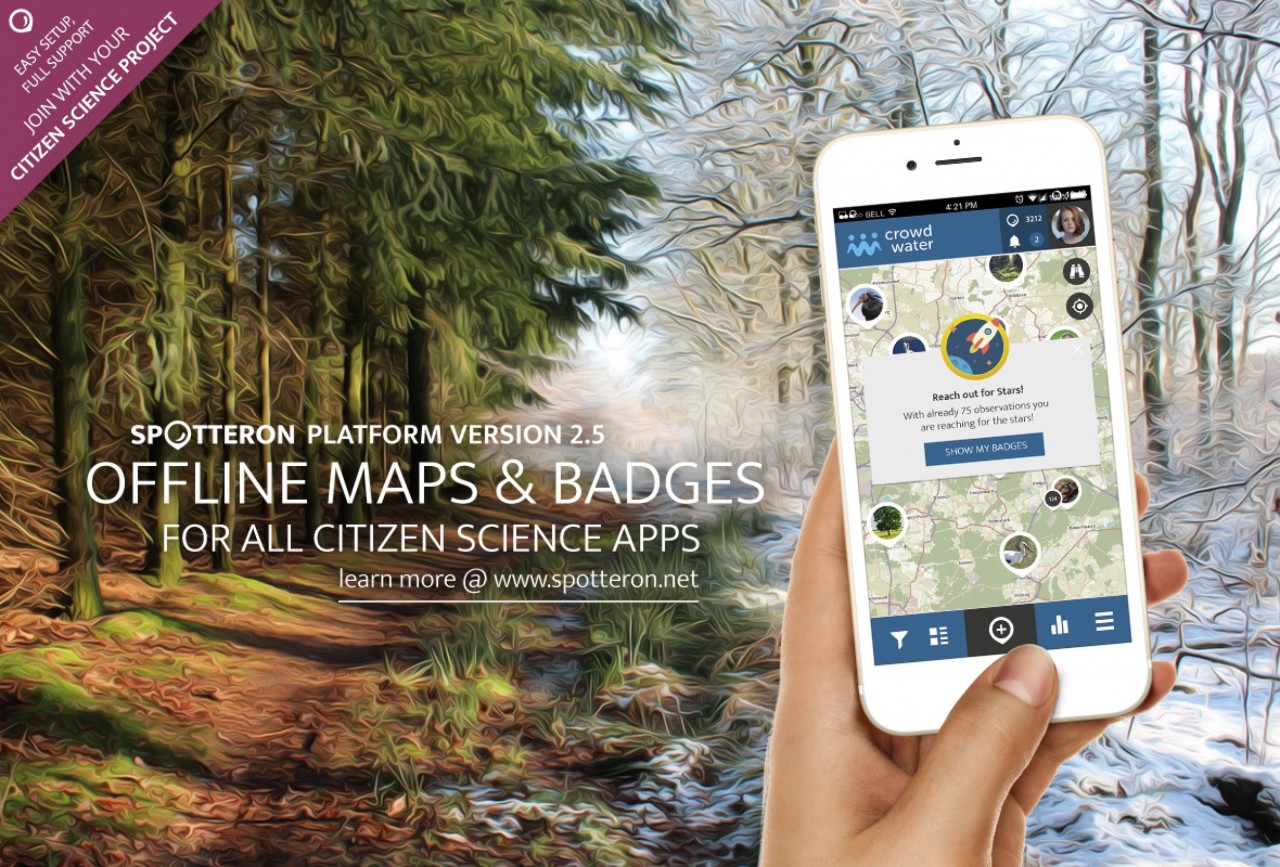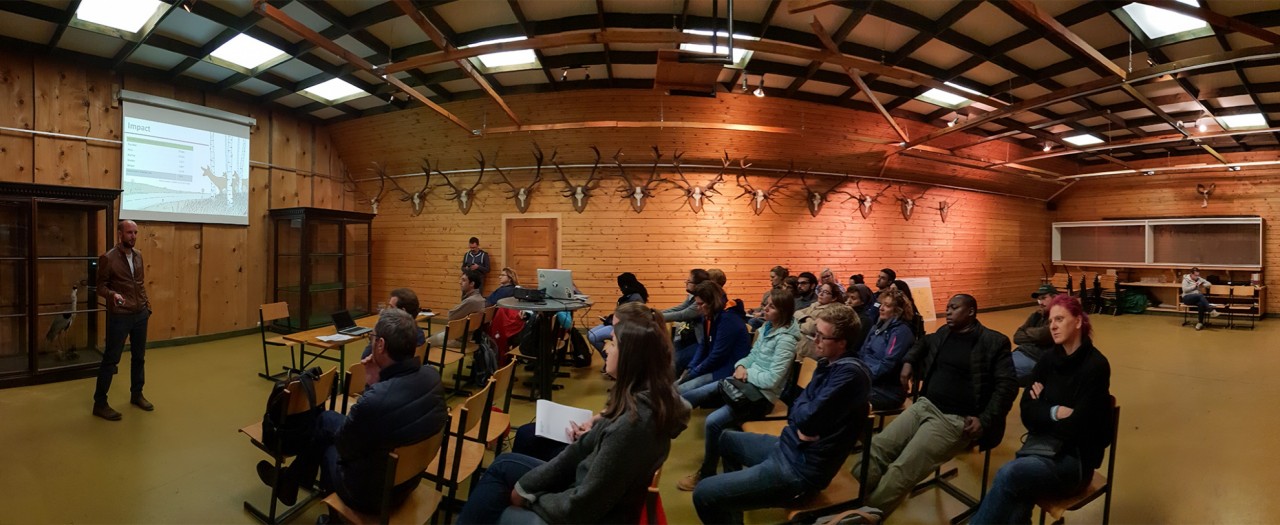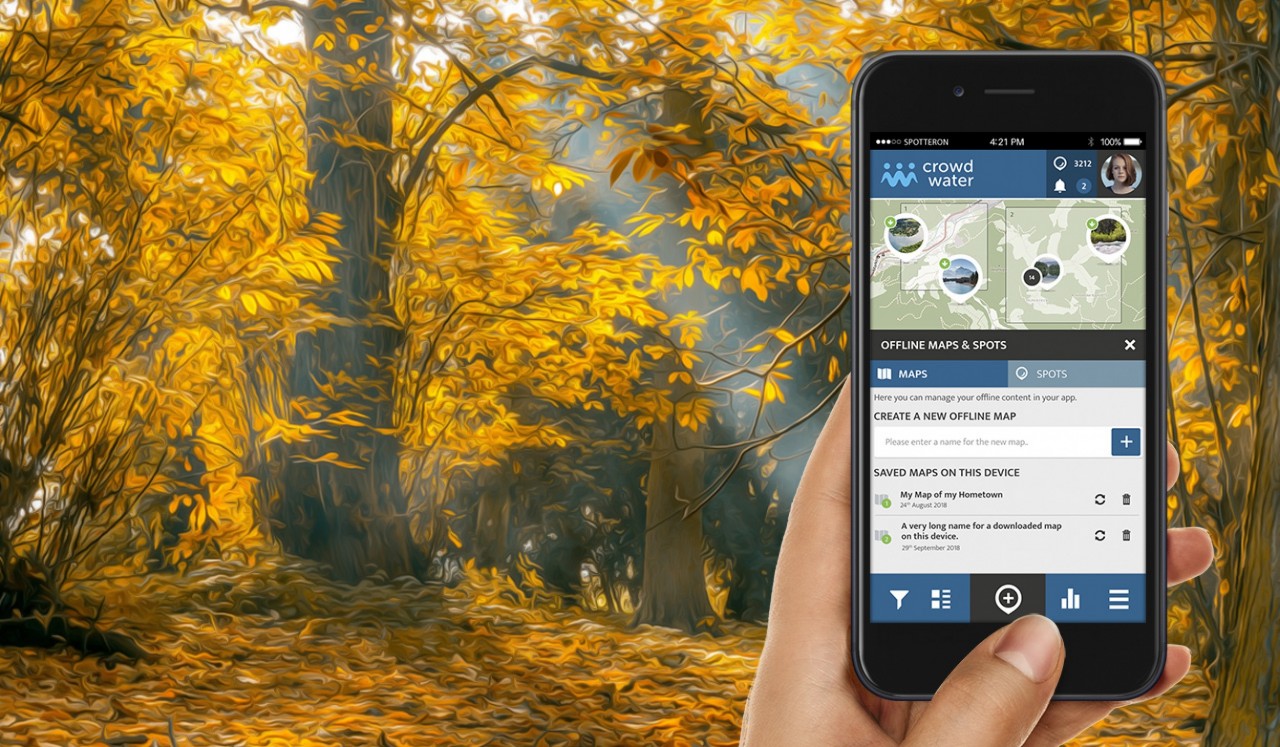The new SPOTTERON version 2.7 does not only introduce the new Leaderboards (aka User Ranking) for all Citizen Science apps running on the platform, but also 2 more panels with new data statistics.
We are proud to announce, that lately, we formed part of the author-team of a scientific paper, published in the Frontiers magazine, about Citizen Science based on hydrological observations.
The new platform version 2.7. is going to bring a complete overhaul of the ranking panel with advanced community leaderboards and more statistic tool for all Citizen Science apps on the SPOTTERON platform.
Today marks the release day for our Citizen Science interview series! Continuously we are going to publish interviews with different head of projects running on the SPOTTERON Platform.
When developing Citizen Science Apps, the usability has a big impact on how well and frequent people use them in the end. The goal for Citizen Science Apps is to become an important part in the everyday lives of their users in the long term, so that users can gain experience and can contribute important data to scientific projects.
On Wednesday, the 6th of March, the first "Day of Phenology" took place at the ZAMG in Vienna. We have also been invited by one of our project partners from the "Naturkalender App".
Currently, the #CitSci2019 conference in Raleigh, NC is going on and we follow the workshops, sessions and comments via twitter from our SPOTTERON Citizen Science design office in Vienna, Europe. But since we always love to support Citizen Science, we decided spontanously to do another special for one project of any participant or group at the conference.
We are very happy to be featured in the new Citizen Sience 4.0 article by Maximilian Ueberham in the gis.Business magazine (Ausgabe 01/2019). After a short introduction about Citizen Science author Maximilian Ueberham presents Citizen Sience projects, including the SPOTTERON Citizen Science platform.
We are happy to announce the release of the new SPOTTERON version 2.6.0! The next SPOTTERON Update brings 3 new extension, available for all Citizen Science apps running on the SPOTTERON platform. In the following blog entry we are going to explain these new features and their function.
On the 25th of January 2019 the Vienna City Hall hosted the Vienna Ball of Sciences for the 5th time, held under the motto: “Waltz and Science". As Citizen Scientists from SPOTTERON it was a great pleasure, that we had been invited to film the event just as we did the year before.
Sometimes, Citizen Science contributions are happening long after the sun has set. To reduce the blinding effect of a smartphone display, we have included a new night mode option for all Citizen Science apps on the SPOTTERON platform.
When developing a Citizen Science app, you can influence usability in many ways. But these crucial decisions can be decisive factors when it comes down to whether they enjoy using it and do so regularly.
Thanks for all the CitizenScience! We wish you a happy New Year's Eve and many more exciting #CitSci moments in the upcoming year. We have already new projects coming up, the first one about light pollution and Citizen Science will be ready in 1st of February. But for now, we are off until the end of first week of the new year - see you in 2019!
The next SPOTTERON Update brings 3 new extension for all Citizen Science apps on the platform. One of the new features are the upcoming "User Roles", part of SPOTTERON's data quality pack.
We were very proud to see that the latest Citizen Science project to join the SPOTTERON platform and also winner of the Australian Citizen Science Conference competition was featured on Australian news last week.
With the new SPOTTERON platform version 2.5 we bring two more highlights to all apps on the Citizen Science platform: First of all, the Offline Maps & Spots feature allows users to download map areas and spots on their phone for having them present, even when there is no internet connection available. This feature is a big improvement, specially for Citizen Science Apps, in which the main activity takes place often outdoors in the field where web connectivitiy is not always a given thing.
From 15th to 19th of October, the Citizen Science Summer School "Citizen Science in Theory and Practice" took place in "Grünau im Almtal", a small town in the south of Upper Austria. Grünau is particular famous for the KLF, the "Konrad Lorenz Reseach Station" where zoologist and Nobel Prize winner Konrad Lorenz studied animal behavior and became one of the founders of modern ethology. Not far from the research station, a whole week was dedicated to Citizen Science and many interesting workshops, sessions and collaboration teamwork took place.
Citizen Science often happens out in the field where network coverage can be weaker. That's why it can be especially helpful and pratical to pre-download map sections and save them locally on a smartphone for excursions and hiking trips.
Last week it was time for the annual European Researchers Night, a mega event which takes place simultaneously in hundreds of cities all over Europe, again. Of course we couldn't miss it and went to the event at the TGM in the 20th district of Vienna.
Communication is an important factor in the Citizen Science field, not only within the projects themselves, but also among project leaders. For this purpose we implemented a forum on our website in the summer of 2018, which internally functions as a platform for exchange, networking and feedback.

